Ephedra, Bluestem (Ephedra equisetina), packet of 5 seeds, organic
$6.95
Family: Joint Fir (Ephedraceae)
Hardy to Zones 3 to 10
(Blue Stem Joint Fir, Mu-zei-ma-huang) Perennial, primitive subshrub native to the arid steppes of China and Russia. Rare. Extremely robust on the landscape. Traditional usage (TCM): a secondary source of Ma-huang. Germination is best in coarse, sharp sand. Mix sand 50/50 with potting soil and fill pot to 3/4 inch of rim. Lay seeds on surface and cover with 3/4 inch of sand. Water daily and keep very warm. Germination takes 1 to 2 weeks. Back off on watering after germination to avoid damping off. Allow to grow at close spacing until the seedlings are about 4 inches tall, then individuate seedlings to their own pots, using the same 50/50 mix. Grow on for a year before transplanting to landscape. Plant prefers sun and very fast draining soils. Mulch with sand or volcanic rock. Space plants 3 feet apart.
Packet of 5 seeds, Certified Organically Grown
For more information on germinating and growing Ephedra equisetina from seeds, please read “Growing Plant Medicine Vol 1.”
Out of stock

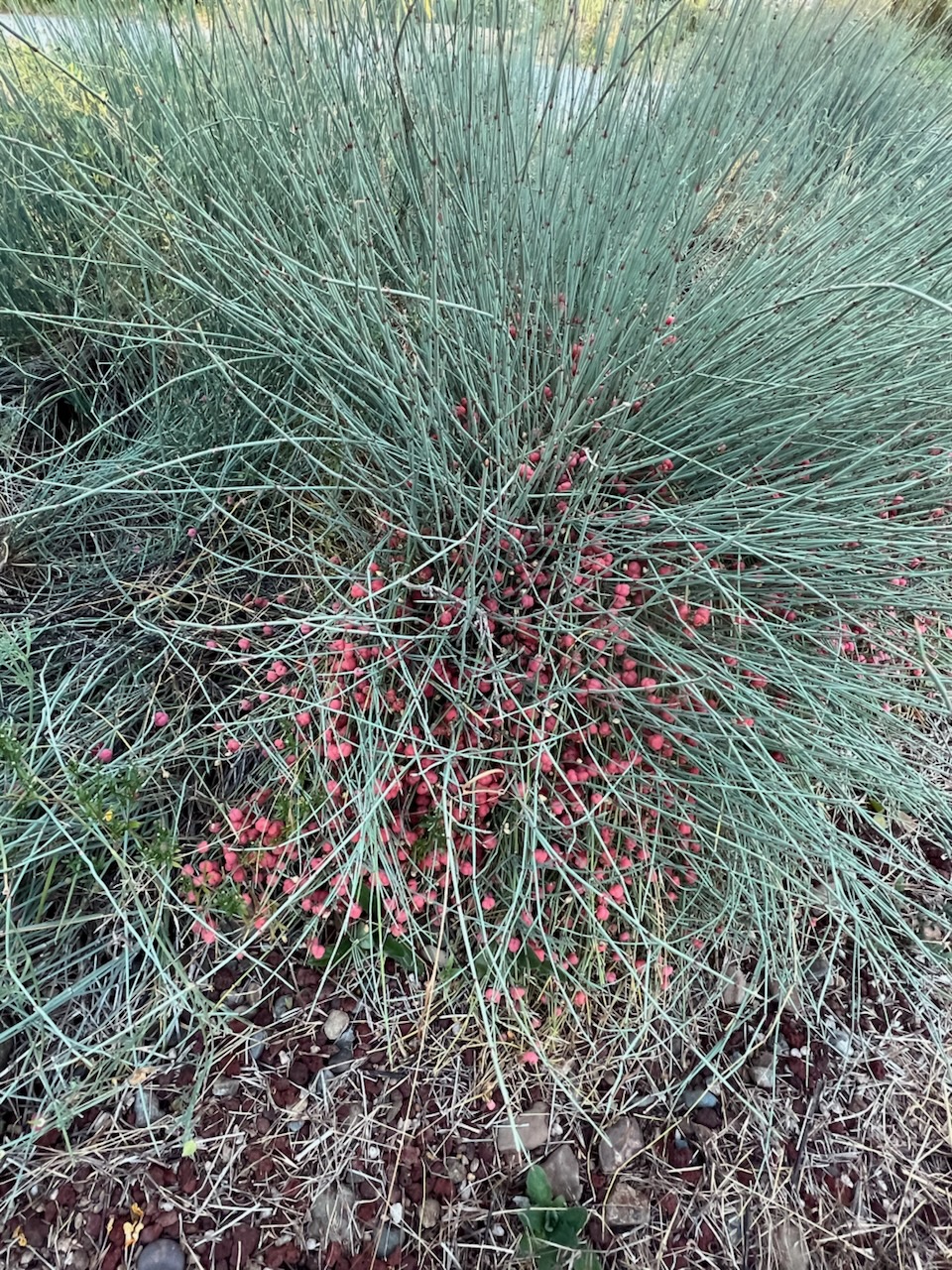
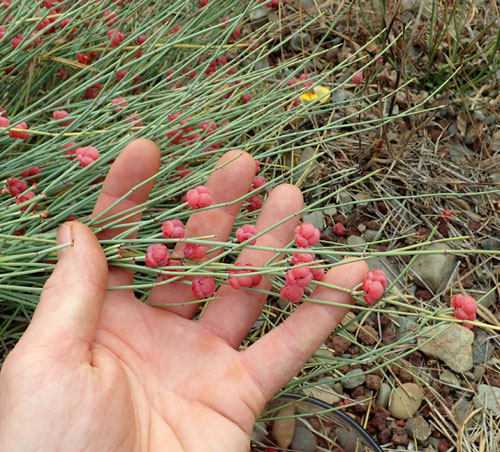
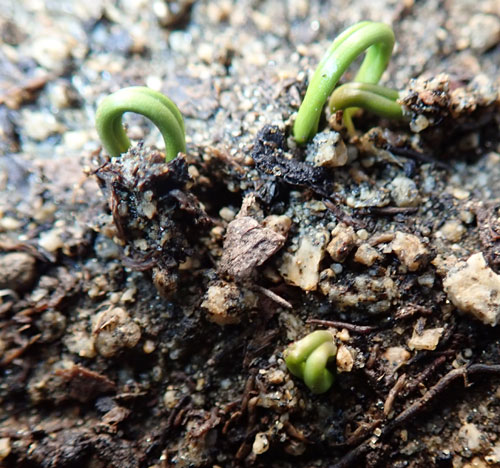

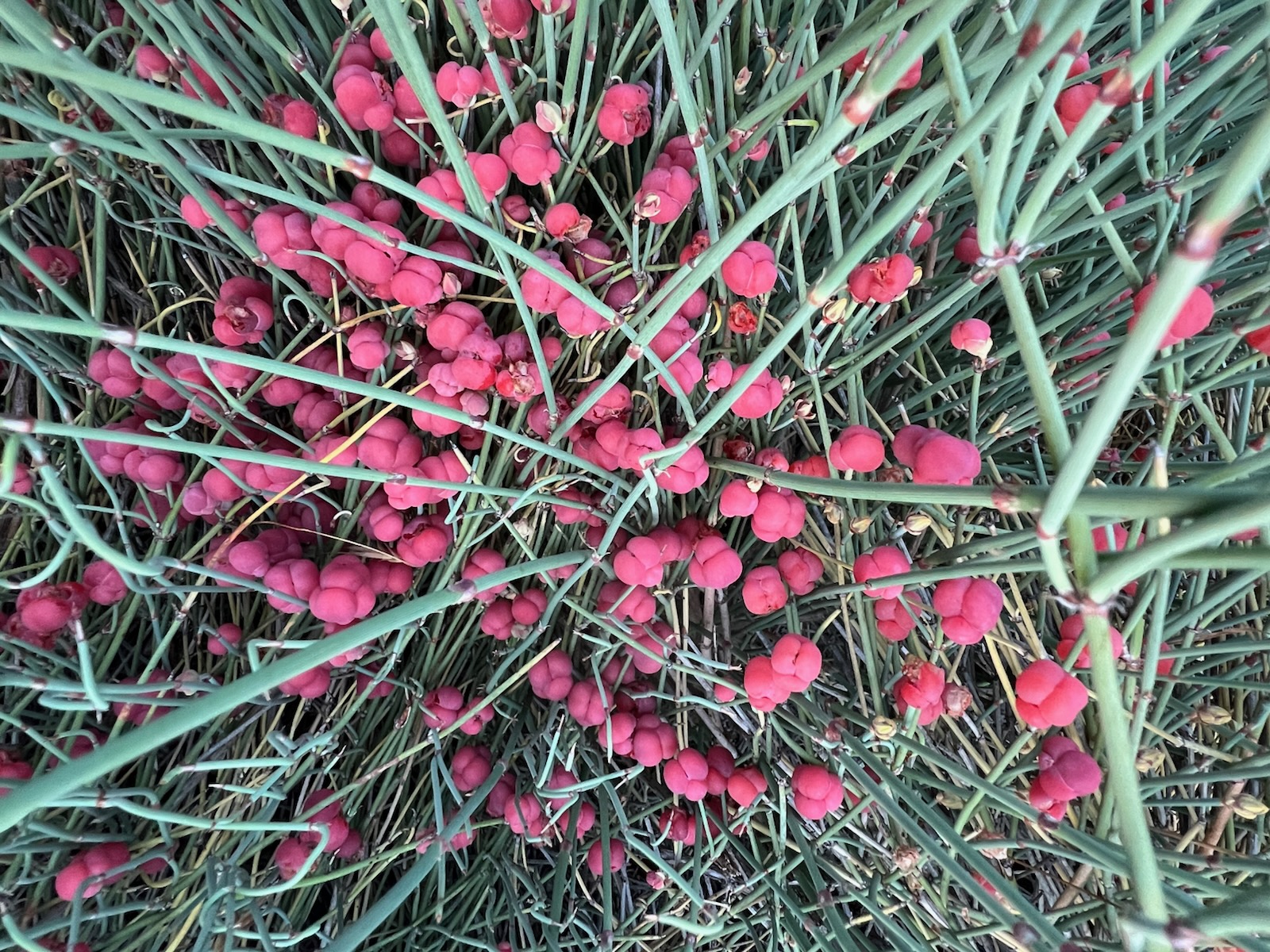
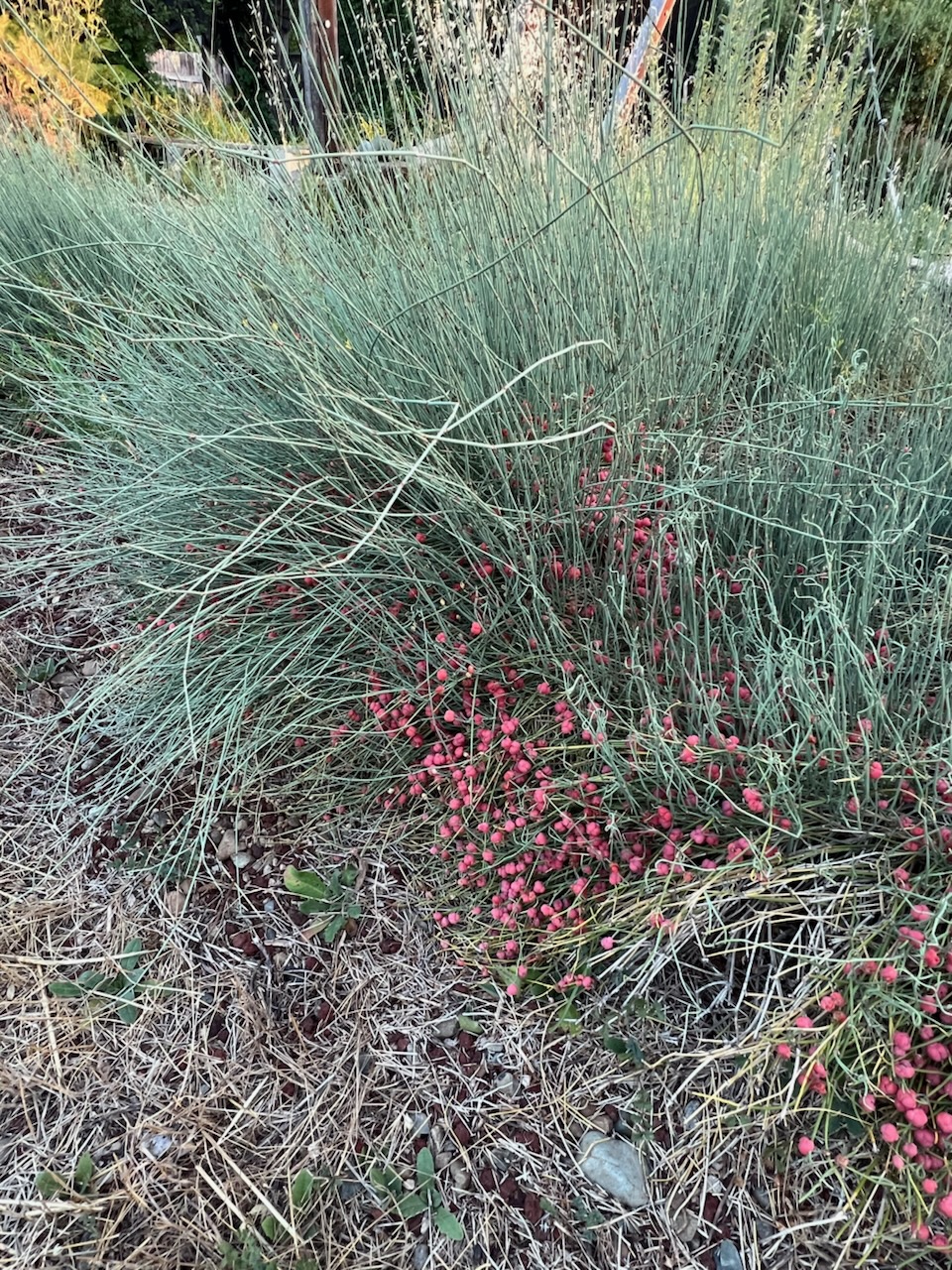
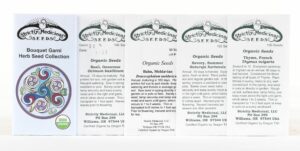

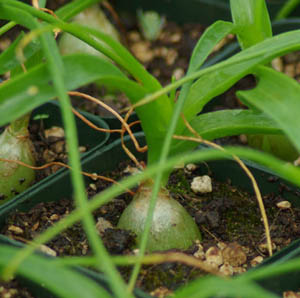
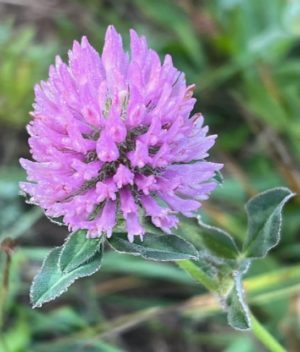
The Woodpecker –
I think us living in Georgia on the leading edge of the continent, and up in the piedmont have a perfect environment for the Asiatic ephedrae, and many plants from that region grow better here than in their native environment such as the fifty-foot Russian olive out my window. It’s dry except for spring and early fall, but with high humidity because we have a lot of surface water. The soil is sharp, but silt instead of sand and loaded with fieldstone which at elevation drains almost too excellently. I wanted to know if the ephedrae had different seasons, I already got E. Siniaca, and was wondering if this variety is discontinued or the approximate time I could get the seed pack. If I find the secret, well, I’ve already written it and will share it then, but I’ve just gotten the seed wet.
I wondered the differences between the “berries”, if they taste different and the size. I imagine the smaller berries are more intense, but I am using my imagination and may be remembering a different life in a far away place. This one is hard to find and not many people have had the chance to eat so many kinds and are present on a commercial forum.
Upvote if this was helpful (0) Downvote if this was not helpful (0) Watch Unwatch Flag for removal
Richo Cech –
hi graham, if i correctly get your drift, you’re wondering about the fruits of Ephedra sinica vs E. equisetina. They are identical in size and taste. We currently have Ephedra sinica (ma-huang) seeds in stock and they have been giving 100% germ (for me). One lady complained she only got one start from a packet… Anyhow, we’re going to be having lots of starts of all species in spring 2024. Hit waitlist wherever you see it. richo
Upvote if this was helpful (0) Downvote if this was not helpful (0) Flag for removal
Question
Sandy –
What parts of the plant are used for energy and how are they prepared?
What can the berries be used for?
Upvote if this was helpful (1) Downvote if this was not helpful (0) Watch Unwatch Flag for removal
Richo Cech –
Hi Sandy, I think it might make sense for you to get a copy of “Making Plant Medicine.” Anyhow in answer to your question the part historically used is the stem, sometimes prepared by removing the nodes, sometimes not. The berries are sweet, edible and harmless. They are usually left on the plant until the seeds, internal to the berry, are ripe. That is their best use–to make seeds. richo
Upvote if this was helpful (1) Downvote if this was not helpful (0) Flag for removal
Question
Jenn –
I live in humid Arkansas. Root rot would definitely be a concern if I plant this in my landscape, which is very clay and often soggy in spring and fall. Do you think it would be ok kept in a container on south-facing covered porch?
Upvote if this was helpful (0) Downvote if this was not helpful (0) Watch Unwatch Flag for removal
Richo Cech –
Hi Jenn, Thanks for contacting. Ephedra can be container grown and often starts out that way, working the plant up to size before transplanting out. The feedback I get from people who keep it in a container is, that the plant lives on and on but generally doesn’t produces substantive (harvestable) aerial parts, also recalcitrant to flower when potted. I really wonder about your situation. I believe you can grow the plant in the soil described by giving a 4-inch mulch of volcanic pumice. Check the video at this link https://www.youtube.com/watch?v=Xzt4IT7LfCc&t=14s
richo
Upvote if this was helpful (0) Downvote if this was not helpful (0) Flag for removal
Question
Shona –
Im considering giving these a go as you have advised they’re essier to have success with. Q: how long will the seeds keep? I’m not quite ready to set up their environment correctly yet.
Also in central TX we do get cold 2 months in winter but mostly cold rain. Should I keep them in a flat to transport for the 1st year then cover carefully the next once planted? Thanks!
Upvote if this was helpful (0) Downvote if this was not helpful (0) Watch Unwatch Flag for removal
Richo Cech –
Hello Shona, The seeds increase in viability for the first 6 months of storage and remain viable for up to 2 years. The seedlings need to be kept in gallon pots for a year before transplanting to landscape. These are pretty heat tolerant, they should work in your zone. They will be sold out within the next few weeks. Richo
Upvote if this was helpful (0) Downvote if this was not helpful (0) Flag for removal
Shona –
Excellent. Sounds like it will work. Ordering now.
Upvote if this was helpful (0) Downvote if this was not helpful (0) Flag for removal